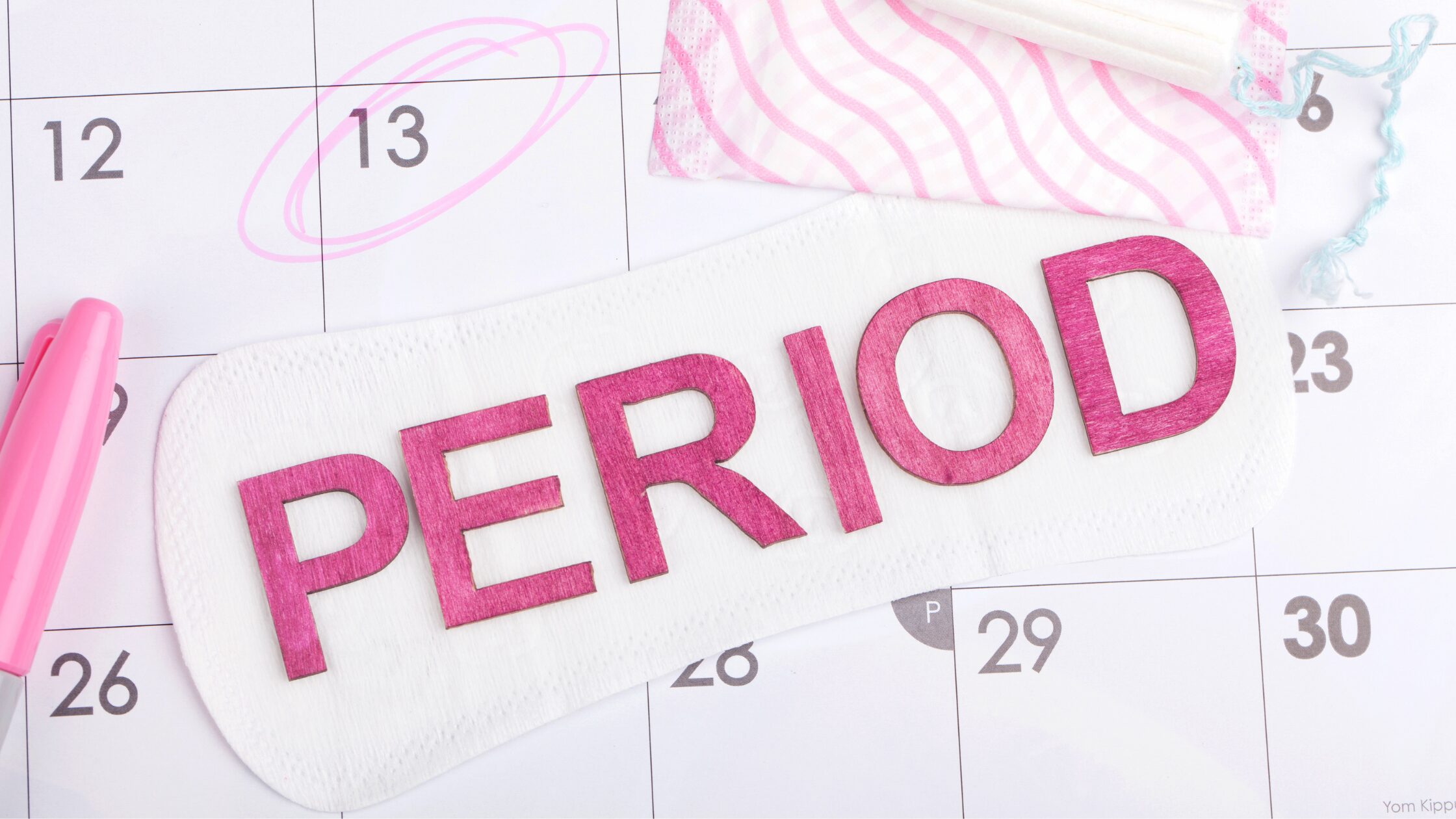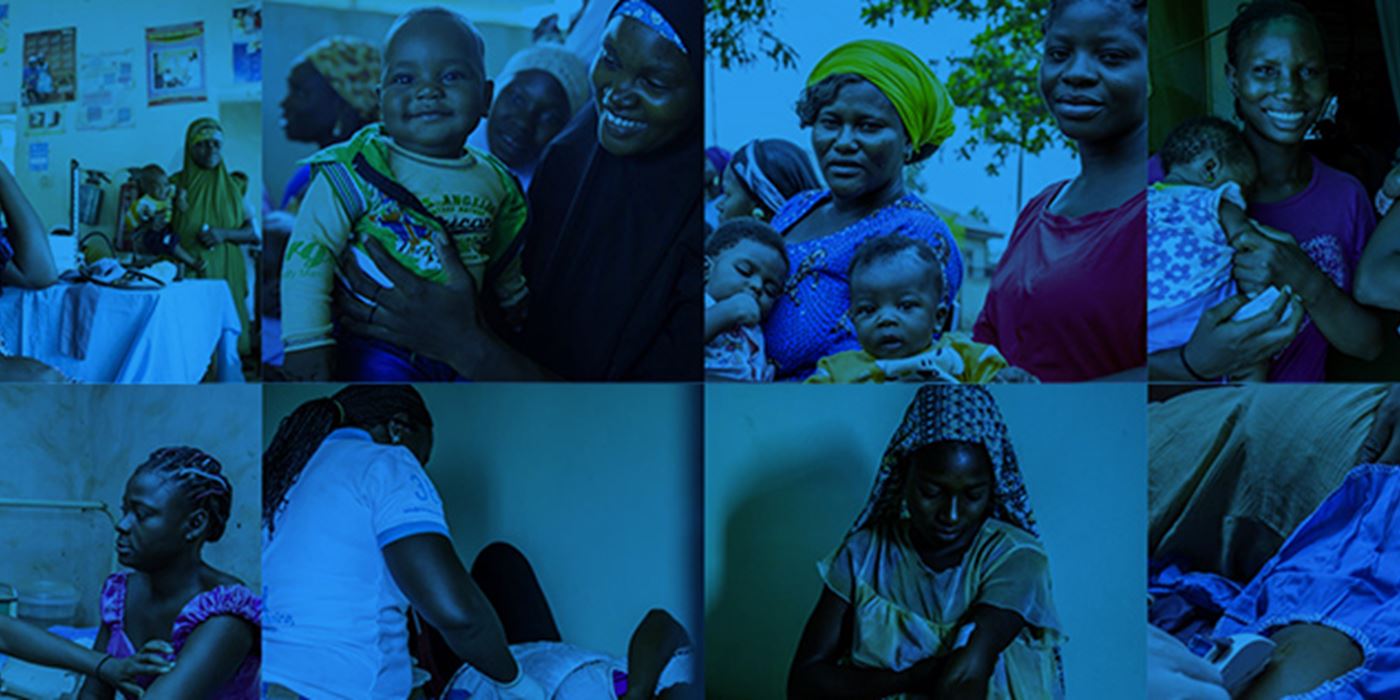
A urinary tract infection (UTI) is an infection in any part of your urinary system — your kidneys, ureters, bladder and urethra. Most infections involve the lower urinary tract — the bladder and the urethra.
The chance of a woman getting a urinary tract infection is high. Women are at greater risk of developing a UTI than men. Some experts rank the lifetime risk of a woman getting one as high as 1 in 2, with many women having repeat infections, sometimes for years. About 1 in 10 men will get a UTI in their lifetime.
Urinary tract infections do not always cause signs and symptoms, but when they do, they may include:
- A burning sensation when urinating.
- A frequent or intense urge to pee, even though little comes out when you do.
- Cloudy, dark, bloody, or strong-smelling urine.
- Urine that appears red, bright pink or cola-coloured is a sign of blood in the urine.
- Pelvic pain, in women this is felt especially in the centre of the pelvis and around the area just above the pubic bone.
- Fever or chills (a sign that the infection may have reached your kidneys).
 When treated promptly and properly, lower urinary tract infections rarely lead to complications. But left untreated, a urinary tract infection can have serious consequences.
When treated promptly and properly, lower urinary tract infections rarely lead to complications. But left untreated, a urinary tract infection can have serious consequences.
You can take these steps to reduce your risk of urinary tract infections:
- Drink plenty of liquids, especially water. Drinking water helps dilute your urine and ensures that you will urinate more frequently, allowing bacteria to be flushed from your urinary tract before an infection can begin.
- Wipe from front to back. Doing so after urinating and after a bowel movement helps prevent bacteria in the anal region from spreading to the vagina and urethra.
- Empty your bladder soon after intercourse. Also, drink a full glass of water to help flush bacteria.
- Avoid potentially irritating feminine products. Using deodorant sprays or other feminine products, such as douches and powders, in the genital area can irritate the urethra.
Do you have any of these symptoms? Call: 08000022252 (FREE), 22252 (Charges Apply). WhatsApp: 09080022252 for counselling and support.
Visit Marie Stopes Clinics in Nigeria for diagnosis and treatment.
Locations:
MARIE STOPES CLINIC, LAGOS: 105, Itire Road, Lawanson Surulere, Lagos State.
MARIE STOPES CLINIC, ABUJA: 29, Ekukinam Street Utako, Abuja.
MARIE STOPES CLINIC, BENIN: 2B, Aruosa Street, Sakponba Road, Benin Edo State.








